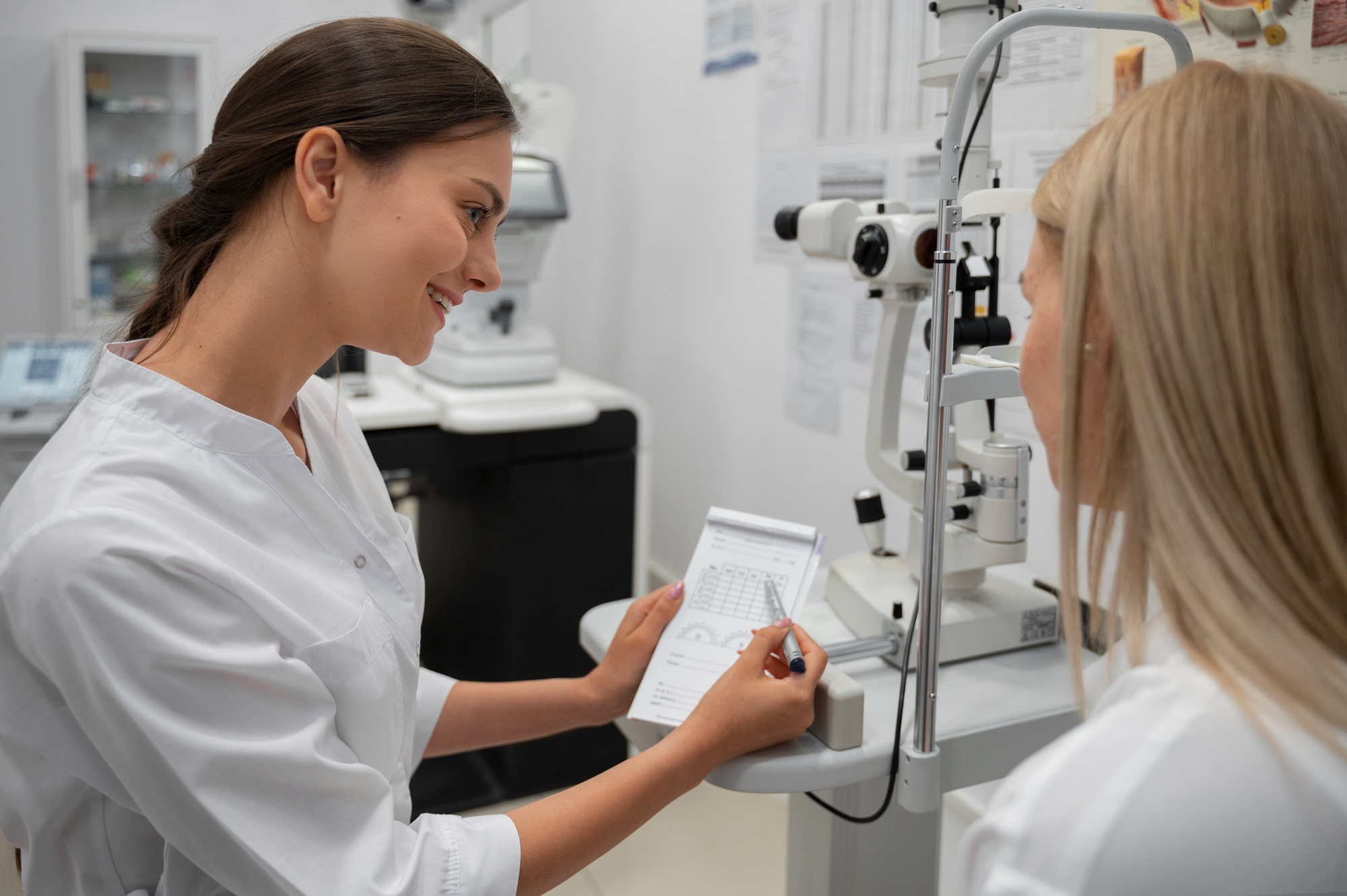
Visual aids have become an indispensable tool in modern optometry practices, especially when discussing complex conditions like dry eye disease. By incorporating a variety of visual elements, optometrists can significantly improve patient understanding, retention, and ultimately, treatment compliance.
Why Visuals Matter
- Enhanced Comprehension: Visuals provide a tangible representation of abstract concepts, making them easier to grasp.
- Improved Retention: Studies have shown that people retain up to 80% of information presented visually, compared to only 30% through verbal communication alone.
- Increased Engagement: Visual aids can make educational sessions more interesting and engaging, fostering a deeper connection between patient and provider.
Applications in Dry Eye Disease
- Understanding the Causes: Visuals can help patients visualize the underlying causes of dry eye, such as tear film instability or meibomian gland dysfunction. For example, a diagram illustrating the layers of the tear film can provide a clearer understanding of how imbalances can lead to dryness.
- Explaining Treatment Options: Visual aids can be used to demonstrate various treatment options, including artificial tears, omega-3 supplements, IPL therapy, and LipiFlow. For instance, a video showcasing the IPL procedure can help patients understand how it works and what to expect.
Creating Effective Visual Aids
- Simplicity: Keep visuals clear and concise, avoiding clutter or excessive detail.
- Relevance: Ensure that visuals directly relate to the topic being discussed.
- Accessibility: Consider the needs of patients with visual impairments, such as providing alternative descriptions or larger fonts.
Conclusion
By effectively utilizing visual aids, optometrists can create a more informative and engaging educational experience for their patients. This, in turn, can lead to better patient outcomes, increased treatment adherence, and overall satisfaction with care.
